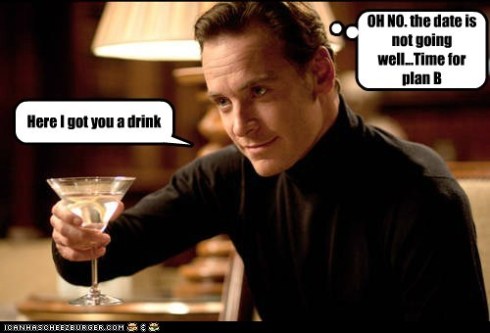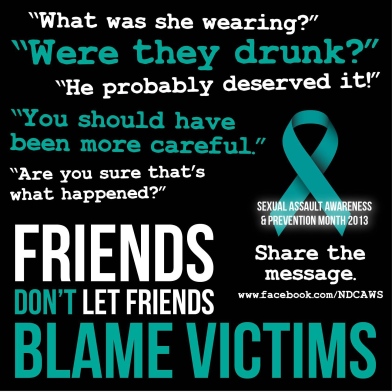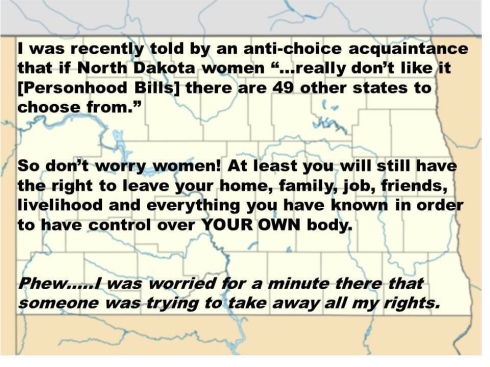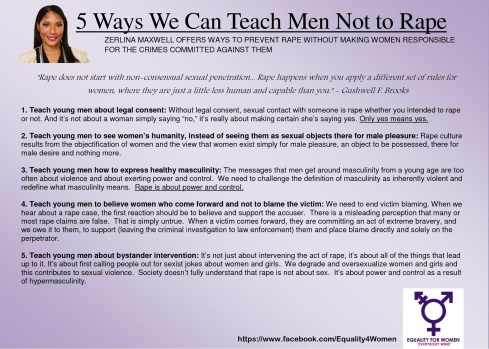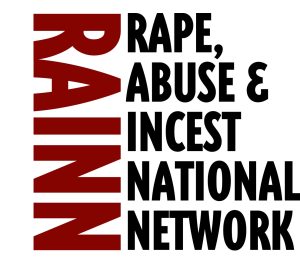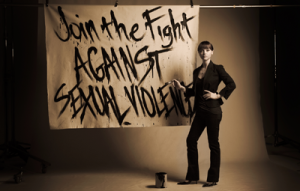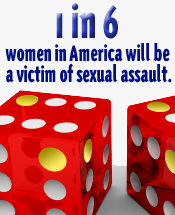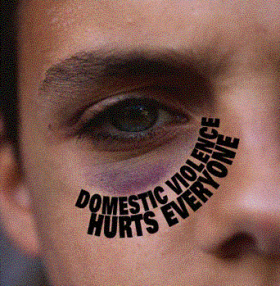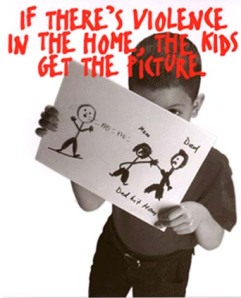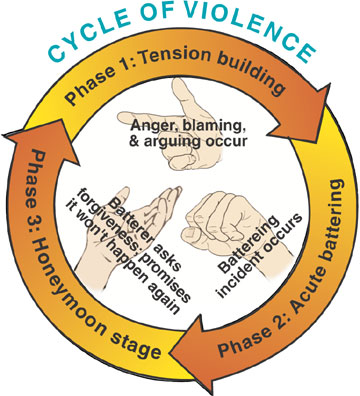#Day6 of #16Days explores the help available in South Africa, the callously misnamed “rape capital” of the world. Certainly South Africa has an abhorrent track record of sexual assault, especially so-called “corrective rape,” (whereby some misogynist tries to rape lesbians into heterosexuality,) but most countries have embarrassing rates of sexual assault. Hell, any sexual assault is embarrassing.
With a history like theirs though South Africans have taken to the streets and created an astounding number of organizations aimed at bettering society for everyone. The Gender-Based Violence Prevention Network has member organizations in numerous cities throughout the country. The Advice Desk for Abused Women may be reached at 27 31 204 4922. The National Network on Violence Against Women may be reached at 27 012 312 7541. The Women’s National Coalition of South Africa may be reached at 27 11 331 5958 / 331 5958 and beijing@wn.apc.org.
Lifelines has a Gender Based Violence Helpline- toll free line 24hrs/7days per week for more information and counselling: 0800-150-150; an AIDS Helpline: 0800-012-322; and a National Counseling Helpline: 0861-322-322. Women’s Net is another organization that has information about violence against women, as well as many other topics from gender budgeting to governance to HIV/AIDS.
There are some very specialized programs in South Africa.
Agenda Feminist Media is “committed to giving women a forum, a voice and skills to articulate their needs and interests towards transforming unequal gender relations. We aim to question and challenge current understandings and practices of gender relations.”
African Gender Institute at the University of Cape Town “is a feminist research unit, committed to political work on the African continent. We focus on writing, publications, research processes and partnerships, network-building and participative learning.”
The Center for the Study of Violence and Reconciliation has a gender-based violence program which “seeks to understand the root causes of gender-based violence in all its forms in society and to develop strategies of violence prevention for use by civil society and government.”
Childline–08000-55-555–is “an effective non-profit organization that works collectively to protect children from all forms of violence and to create a culture of children’s rights in South Africa.”
Paralegal Advice for Family Law and Violence Against Women. They have information on everything from abortion to marriage, divorce, and custody to death.
Rape Crisis is an organization dedicated to ending the shame surrounding sexual assault. “Rape Crisis has a vision of a South African criminal justice system that supports and empowers rape survivors in all of its interventions. Until such time as this vision becomes a reality we provide that support and empowerment. We believe that the rape survivor is the key to a successful conviction and that her empowerment is based on safety, respect, support and the ability to make informed choices as she embarks on this difficult and challenging journey.”
The Nisaa Institute for Women’s Development provides counseling, training and pubic awareness and advocacy. The Institute “provides counselling through three mediums face-to-face being the most prominent, but telephonic and e-mail counselling services are also used. We thus reach a wider spectrum of people.We are able to provide these services to women and their children for free.”
People Opposing Women Abuse is a “feminist, women’s rights organisation that provides both services, and engages in advocacy in order to ensure the realisation of women’s rights and thereby improve women’s quality of life.” They use a multi-faceted approach to reach their goals.
1. SECTOR CAPACITY BUILDING AND STRENGTHENING
As an organisation that has been in existence for 29 years, we recognise the need to increase the knowledge and capacity of women’s groups in rural and peri-urban areas where traditionally, access to services such as the Criminal Justice System and clinics are a major challenge.
Due to requests for POWA to open offices in their communities by women’s informal groups, we resolved to empower women within their own communities through the concept of ownership. As an organisation, we therefore provide training, education and mentorship for women’s groups to understand the women’s rights discourse as well as formalise and develop services that respond directly to their particular needs in regards to violence against women.
We currently provide this service to 6 women’s groups in 5 provinces (Limpopo, Mpumalanga, Northern Cape, Northwest and Gauteng)2. LAW REFORM
A critical part of engaging in improving the rights of women is influencing national, regional and international policy. As an organisation, we have therefore developed a department that actively writes and makes submissions to parliament on issues that relate directly to our core issues. In addition, we provide expert support to government institutions regarding creating gender sensitive spaces for all women.
From the grassroots perspective, we actively engage in rights education to women’s groups and organisations thus mobilising women’s voices to create the appropriate attention to women’s issues and cause the desired effect of reforms for better laws for the protection of women.3. RIGHT’S EDUCATION
Part of the responsibilities of all branch offices is to engage with their surrounding communities in rights education. This process is done through community meetings , community conversations and formal workshops on understanding Human rights with specific focus on women’s right and access to justice.
4. REGIONAL AND INTERNATIONAL STRATEGIC ADVOCACY
POWA recognises that South Africa has a comprehensive constitution, a good legal framework and numerous agreements and policies that are set out to protect women’s rights. These agreements are not only national, but regional (SADC), continental and international.
Part of the failings regarding the protection and access of women’s rights is the limited knowledge of the document framework, capacity and skills to implement and domesticate the substance of the agreements set out by the state.
POWA conducts preparatory workshops and information sessions to enable organisations to learn and choose to engage in the regional strategy. We also work towards creating report back or feedback sessions on activities of such meetings and thirdly, we work towards creating round table discussions for strategies of calling for state accountability on emerging issues.5. SHELTERING AND COUNSELLING
As an organization, we provide individual face-to-face counselling, group counselling and telephonic counselling to women whom have experienced violence. In addition, we provide child play therapy for children who reside in our shelters of safety with their mothers.
Women can access our counselling through our branch offices. We currently have 6 satellite offices and 2 confidential shelters. Our offices are strategically located in areas for women from economically disadvantaged communities and women from the Johannesburg inner city for easy to access services.
As we provide free services to all women in South Africa, we ensure that access is not an additional challenge to the already overwhelming challenges for women to access their rights. This approach assists with the reduction of women’s vulnerability due to economic/financial dependencies that play a huge role in violence against women. Our activities address issues of safety and security that are fundamental to rights for all in South Africa.
With all of these fantastic organizations working so hard in South Africa, hopefully a violence-free future is awaiting all South Africans regardless of sex, gender, race, age, dis/ability, sexual orientation, or religion.







